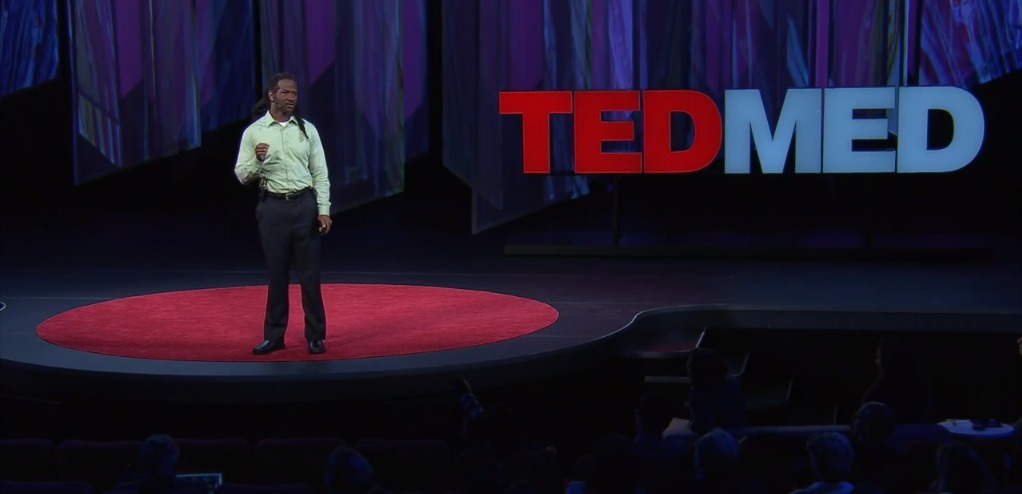Today would have been Malcolm X’s 90th birthday had he not been assassinated fifty years ago on February 21, 1965. His influence on human rights and social justice activists is increasingly apparent as society becomes more concerned about issues of over-policing in black communities.My TED Talk, “Let’s quit abusing drug users,” is particularly important today because it illustrates the detrimental impact of aggressive selective drug law enforcement on communities of color.
Recently, the issue of hostile, militarized policing has been pushed to the national forefront in response to the killing of the black, unarmed teenager, Michael Brown, by a white police officer in Ferguson, MO. Similar types of killings have occurred too often under the guise of the war on drugs. Eric Garner, Ramarley Graham, Kathryn Johnston, Trayvon Martin, and Tarika Wilson are just a few examples. In all of these cases, authorities suspected that the deceased individual was either intoxicated from or selling an illicit substance.
My TED Talk shows that drug-related harms have been exaggerated, and that this has helped to create an environment where unjustified police killings are more likely to occur.
The importance of this talk is even further enhanced because too many people misattribute societal ills to drug problems. For example, the majority of people who use drugs – 80-90% – don’t have a drug problem.
They are responsible members of our society. They are employed; they pay their taxes; they take care of their families; and in some cases, they even become President of the United States. Our three most recent Presidents all reported using illegal drugs when they were younger.
In my talk, I clearly show that the real problems faced by society are not drugs but are poverty, unemployment, ignorance and the dismissal of science that surrounds drugs.
I also present intriguing results from my own research, during which we brought crack users into the laboratory and offered them $5 cash or a hit of crack worth more than $5. We repeated this many times with each person over several days in the laboratory. The drug users chose the drug about half of the time, and the $5 the other half. Even a nominal amount of money was enough to deter them from taking the drug at least half of the time. These findings are inconsistent with the notion that crack users display the insane, “anything for a hit” behavior that I had been previously taught.
My research demonstrates how attractive alternatives, e.g., viable economic opportunities, can go a long way in decreasing societal problems, including drug abuse.
